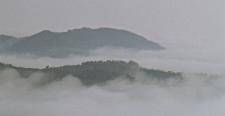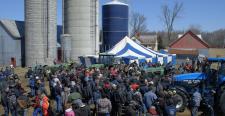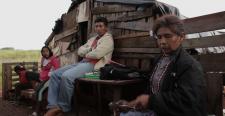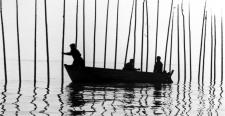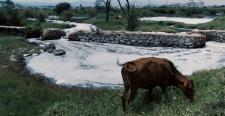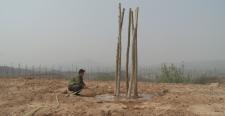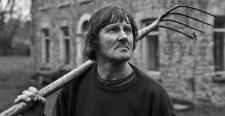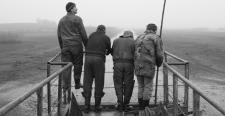Film Series: Nature on Edge
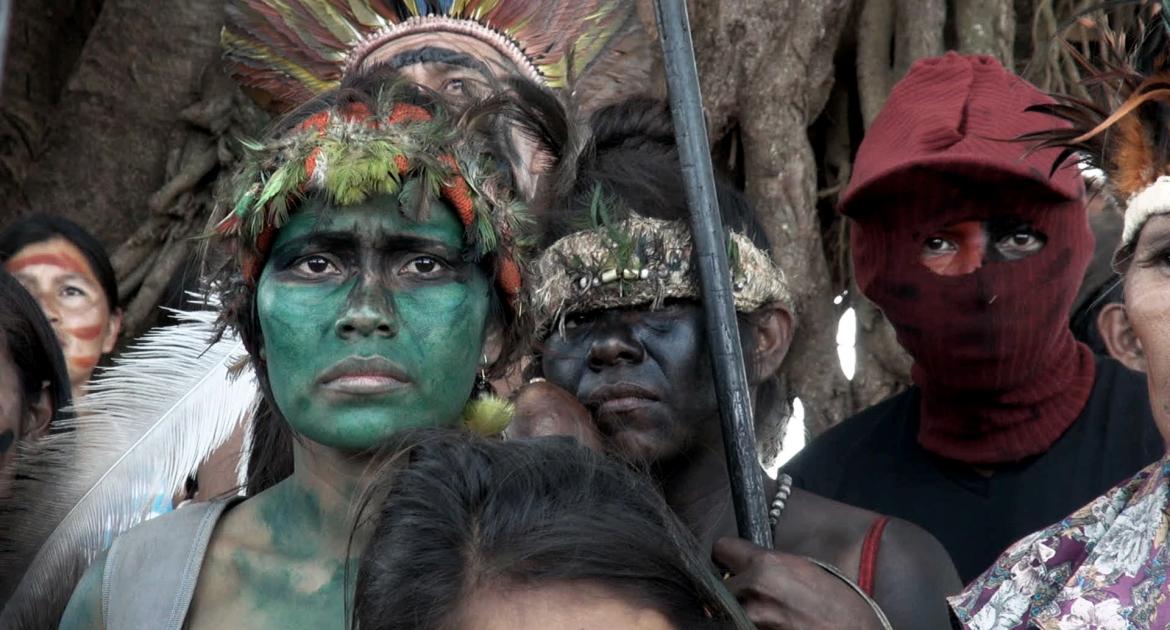
NATURE ON EDGE
Forests precede civilizations, deserts follow them.
François René de Chateaubriand
The etymology of the word human vividly explains our ancestry's link to nature: we come from the earth, a fact that seems to have been forgotten over the centuries and the many civilizations preceding ours. Different periods in human history have moved us away from the congenital and reciprocal essence that unfailingly unites us to the sentient and inanimate beings in this shared space called Earth.
This split has grown so wide that our communication with the natural environment and living beings has become, both in practice and in use (or abuse), clearly utilitarian with regard to the environment, so much so that in the worst case, it could lead us to collapse at some point. A forced collapse brought about by lifestyle habits based on the consumption of fossil fuels, which is directly responsible for this irrefutable climate change we are already facing every day.
It is on this dismal, and for many debatable premise, that this film series hopes to open a dialogue, one that might serve to make an ecological map of the world, of humankind and the civilization that determines us, for the purpose of moving towards an understanding -or intuition-, of what we really are. Films that address places, approaches and aesthetics that are as broad and diverse as the conflicts themselves: the subtle re-evaluation of the common past in Pierre Perrault and Michel Brault's Direct cinema classic (Por la suite du monde, 1963), Laila Pakalniņa's paradoxical and ambivalent voice (Dream Land, 2004, Three Men and a Fish Pond, 2008), and the vision drawn by Antoine Boutet of China's landscape and the disjointed society in Sud eau nord déplacer (2014)
Militant and protest films will also make up part of the program, with titles as different in their aesthetic approaches as they are recognizable in their eco-political and humanist stamp. Resurrección (2016), by Eugenio Polgovsky, a collective account of a paradisiacal place that has been turned into a public dumping ground through industrial development and political greed. Martírio (2016) as well, that fresco by anthropologist and indigenist Vicent Carelli, who gives us a look at the Guaraní-kaiowá's desperation and defenselessness in the Brazilian Mato Grosso, and the simple struggle against economic speculation by that unshakable Irish man in The Lonely Battle of Thomas Reid (Feargal Ward, 2017). But it might be Les dépossédés (Mathieu Roy, 2017), that provides the most in-depth and insightful analysis into the complexity behind the disturbing financial mechanisms that cause poverty and hunger in the world.
We are left with the hope that the consequences might be minimized, the effects slowed down, that through individual action collective responsibility might bring about a paradigm shift for overcoming anthropocentrism. Hence two strategically-positioned films seeking to balance out a certain pessimistic vision and pave the way for more balanced and beneficial practice for all: in Becoming Animal (2018), Peter Mettler, along with co-director Emma Davie, is back with his very personal way of questioning his and our place in the world, in a new essay guided by the metaphysical animism of philosopher David Abram. While, the delicate essay with a metaphysical tone Il monte delle formiche (Riccardo Palladino, 2017) shows us how harmony -as a possible preamble to transcendence- might be much closer than we imagine it to be.
As a whole, all these films show us a difficult and problematic present-day situation worthy of thought and analysis for finding ways of reversing our actions, so that this consciousness that supposedly differentiates us from the rest of living beings, can get us to once again fit into the shared space that we should all make up together.
David Varela



 DocumentaMadrid
DocumentaMadrid
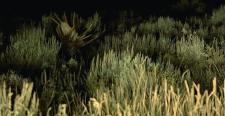
08fb.jpg?itok=Mj_9cfcu)
